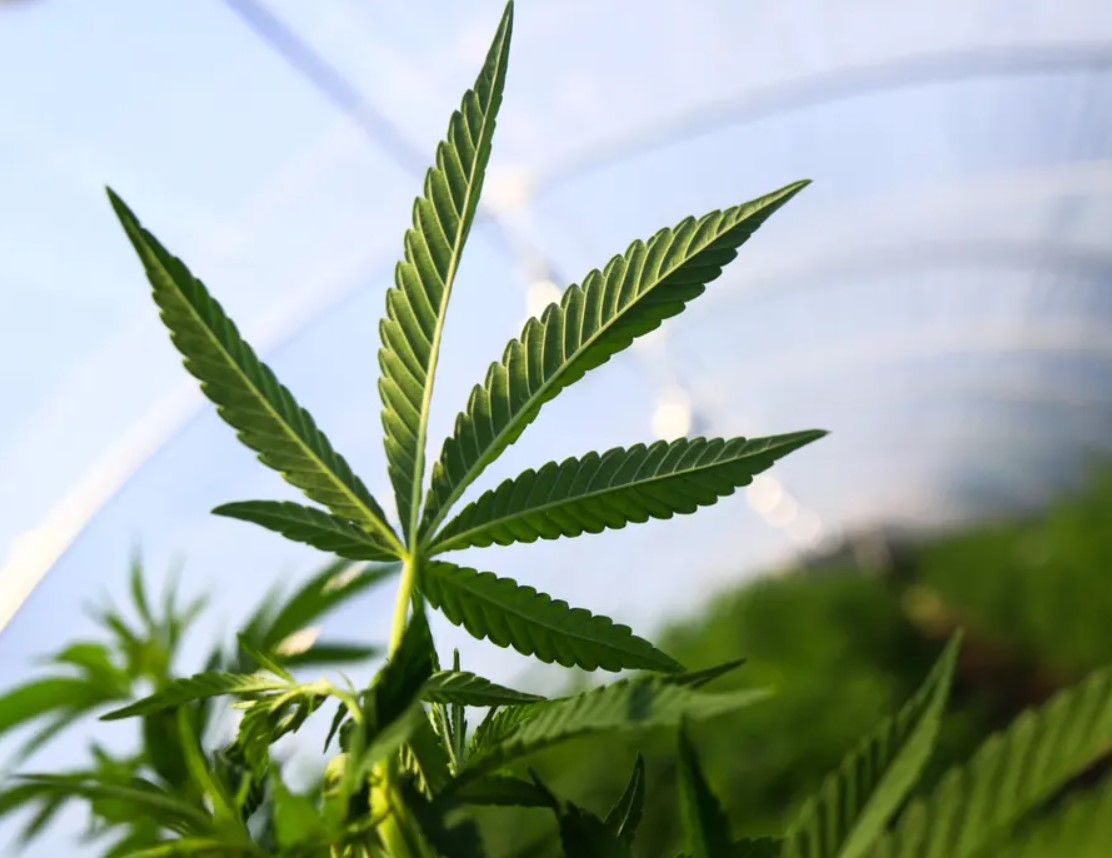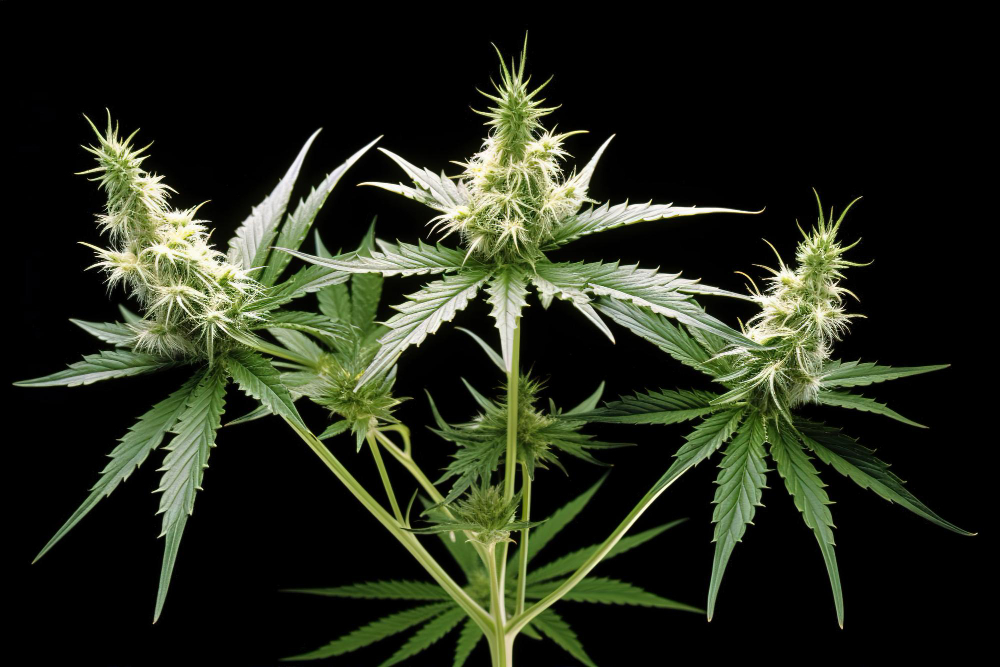
Embracing sobriety is a powerful step towards reclaiming control over one’s life. It is a transformative journey that requires patience, resilience, and dedication. Breaking free from addiction opens the door to a healthier, more fulfilling future. Below, we will explore how individuals can build supportive networks, navigate cravings and triggers, and find purpose in life after addiction. Keep reading to discover practical strategies for embarking on this life-changing path.
Embracing Changes: Building a Supportive Sobriety Network
The foundation of a successful sober journey begins with building a supportive network. Surrounding yourself with positive influences who understand the challenges of recovery can provide invaluable encouragement. Rehabilitative environments such as sober living communities and support groups help foster this vital network.
Friends, family, and professionals play an essential role in this process. They offer a source of motivation and accountability, helping individuals stay focused on their sobriety. Communicating openly with loved ones about needs and boundaries fosters an environment of trust and understanding.
While relying on close relationships is crucial, seeking professional help also plays a key role. Therapists, counselors, and addiction specialists offer tailored strategies for maintaining sobriety. Their expertise equips individuals with the tools to deal with difficult situations and overcome setbacks.
Finally, joining support groups such as Alcoholics Anonymous (AA) or Narcotics Anonymous (NA) can make all the difference. These groups provide a sense of belonging and understanding among individuals experiencing similar challenges. They offer shared wisdom and insights, helping participants feel less isolated in their journey toward recovery. For localized support, you can Google “rehab in St Croix” to find nearby rehabilitation centers and resources.
Navigating Challenges: Strategies for Coping with Cravings and Triggers
Coping with cravings and triggers is one of the most difficult aspects of sobriety. Recognizing and understanding these triggers is the first step toward managing them effectively. Environmental cues, emotional states, and even certain social situations can trigger a desire to relapse.
One effective strategy is to replace unhealthy habits with new, healthy behaviors. Engaging in physical activities, hobbies, or meditation can serve as distractions, reducing the impact of cravings. These activities not only take the mind off of substance use but also promote physical and mental well-being.
Furthermore, utilizing mindfulness techniques can help individuals control their reactions to cravings. Being present in the moment allows for better management of emotional responses and can prevent impulsive decisions. Taking a few moments to breathe, reflect, or meditate can shift focus away from the craving and reduce its intensity.
In some cases, seeking professional guidance can be essential to overcoming cravings. Individuals who have completed addiction treatment programs may benefit from aftercare services. For those interested in long-term healthcare solutions, pursuing a healthcare management degree can provide insights into addiction treatment, ensuring that recovery strategies remain effective and sustainable.
Life After Addiction: Setting Goals and Embracing New Hobbies
Life after addiction can be both challenging and rewarding. One of the key components of a successful transition is setting clear, achievable goals. These goals provide direction and purpose, helping individuals stay motivated and focused on their future.
Setting both short-term and long-term goals is essential for maintaining progress. Short-term goals such as improving physical health or repairing relationships can offer immediate rewards. Long-term goals, like pursuing a career or further education, provide a sense of purpose and accomplishment.
Equally important is embracing new hobbies and interests. Many individuals in recovery find that rediscovering old passions or trying new activities brings joy and fulfillment. Whether painting, writing, volunteering, or hiking, finding a meaningful hobby can significantly enhance one’s well-being.
Incorporating hobbies into daily life fills the void left by addiction and promotes personal growth. These activities can help individuals reconnect with their authentic selves and provide a sense of accomplishment. Over time, they build self-confidence and create a stronger foundation for a sober future.
Overall, stepping into sobriety is a profound and life-changing decision. By building a supportive network, developing effective coping strategies for cravings, and setting goals for personal growth, individuals can create a new beginning for themselves. With patience, persistence, and the willingness to embrace change, life after addiction can be filled with hope, purpose, and new possibilities.




